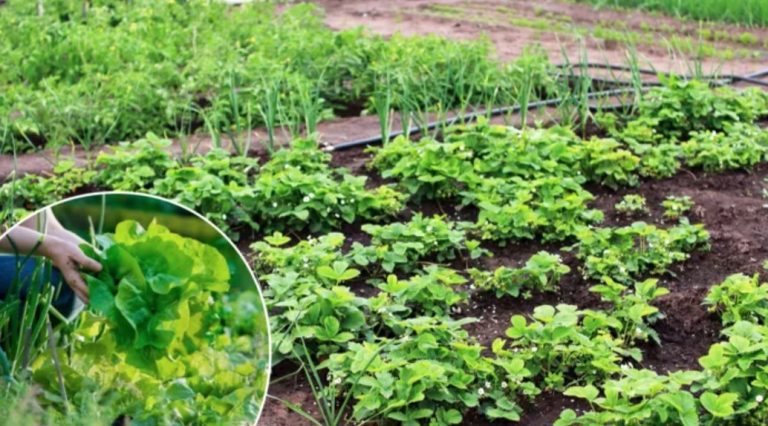Alkaloids are among the secondary plant active substances. They are contained, for example, in potatoes, tomatoes or coffee. Alkaloids can have beneficial health effects. You can find out what you need to consider here.
What are alkaloids?
Alkaloids are alkaline substances found in food and beverage plants. They contain nitrogen and are the end product of plant metabolism. There are up to 8000 different alkaloids. They are formed as derivatives of various amino acids, such as lysine, phenylalanine or tryptophan. The alkaloids protect the plants from eating and regulate plant growth.
Alkaloids can have physiological effects on the organism and are therefore used in many medicines. For example, they have a euphoric or stimulating effect. However, if the dosage is too high, alkaloids can also be very harmful, as they are among the primary toxic plant substances. They are also found in many stimulants, such as nicotine and caffeine.
Where are alkaloids found?
According to Dr. O. Ploss (Klostermedizin, Knaur-Verlag) in 10-15 percent of all plants. Above all, nightshade plants such as tomatoes or potatoes contain the plant substances. But they are also found in other typical foods and luxury foods:
paprika
Coffee
tea
Tonic water (drinks containing quinine)
opium poppy
tobacco
Depending on the type of chemical composition, alkaloids are used in medicines or dietary supplements.
They are also a component of many intoxicants because they can dock onto receptors in the human nervous system and are quickly absorbed by the body. Many alkaloids (such as nicotine or morphine) can cause strong addictions in humans.

How are alkaloids to be assessed from a health perspective?
Due to their effect on the human organism, alkaloids are used in medicines or dietary supplements.
Some alkaloids, such as vincristine, are said to be used in the treatment of cancer. There is no scientific evidence of its effectiveness.
Other alkaloids such as quinine, ephedrine or berberine are also components of various medications and can have anti-bacterial and anti-viral effects.
Steroids, which also belong to the alkaloids, also have important functions as hormones in animal and human organisms.
As already mentioned, however, alkaloids are not harmless. Due to their mind-altering properties, they are often found in intoxicants. In higher doses, they can even be life-threatening.
For example, the alkaloid solanine, found in the green parts of tomatoes or potatoes, can cause gastrointestinal discomfort, fatigue, headaches or shortness of breath. It is therefore advisable to store alkaloid-containing vegetables protected from light and to prepare them when ripe (tomatoes) and without green spots (potatoes).




